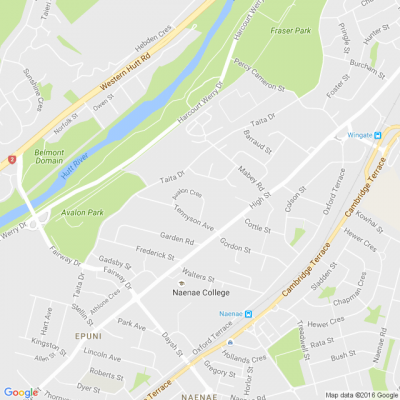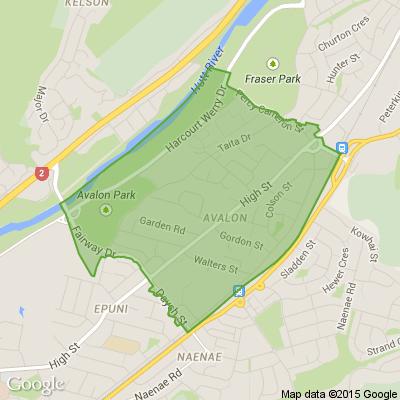How to Look After Your Upholstery
In this blog we discuss the most common upholstery problems that can arise in use. We will break each problem down, looking at what it is, the likely cause and recommended remedies and solutions to avoid future re-occurrence.
CROCKING: What is it? Crocking is the term used to describe the transfer of excess dye from one surface to another due to rubbing and friction. The issue is increased by certain atmospheric conditions such as humidity and temperature.
Likely cause: In a situation where the dye is transferring out of the upholstery fabric (for instance a red fabric is turning pink) it will usually be a result of either poor quality dyes used during textile manufacturing or that the dyes were not set correctly during the dyeing and finishing process. Crocking can also occur when dye is transferred from an outside source onto the upholstery fabric, for instance a pair of new jeans can transfer blue dye on to your sofa giving it a grubby appearance.
Remedy: The key thing to establish with crocking is whether the discolouration is due to dye transferring out of your upholstery fabric or on to it from an external source. If it is transferring out of the fabric then it is important to check that some substance e.g. a solvent based product, has not come into contact with the fabric and affected the dyes. If all of the above can be ruled out then a genuine fabric issue may be the cause and the fabric will need to be replaced from another batch or alternative fabric.
FADING: What is it? Discolouration or lightening of the dye in a fabric due to exposure to ultraviolet light. Constant exposure to high levels of direct ultraviolet light can also result in fibre degradation, causing the fabric fibres to become brittle, which may result in areas of breakage.
Keep reading: www.curtainclean.co.nz...

⚠️ DOGS DIE IN HOT CARS. If you love them, don't leave them. ⚠️
It's a message we share time and time again, and this year, we're calling on you to help us spread that message further.
Did you know that calls to SPCA about dogs left inside hot cars made up a whopping 11% of all welfare calls last summer? This is a completely preventable issue, and one which is causing hundreds of dogs (often loved pets) to suffer.
Here are some quick facts to share with the dog owners in your life:
👉 The temperature inside a car can heat to over 50°C in less than 15 minutes.
👉 Parking in the shade and cracking windows does little to help on a warm day. Dogs rely on panting to keep cool, which they can't do in a hot car.
👉 This puts dogs at a high risk of heatstroke - a serious condition for dogs, with a mortality rate between 39%-50%.
👉 It is an offence under the Animal Welfare Act to leave a dog in a hot vehicle if they are showing signs of heat stress. You can be fined, and prosecuted.
SPCA has created downloadable resources to help you spread the message even further. Posters, a flyer, and a social media tile can be downloaded from our website here: www.spca.nz...
We encourage you to use these - and ask your local businesses to display the posters if they can. Flyers can be kept in your car and handed out as needed.
This is a community problem, and one we cannot solve alone. Help us to prevent more tragedies this summer by sharing this post.
On behalf of the animals - thank you ❤️

Best way to use leftovers?
I'm sure you've got some excess ham at home or cold roast potatoes.
What are some of your favourite ways to use leftover food from Christmas day? Share below.









 Loading…
Loading…